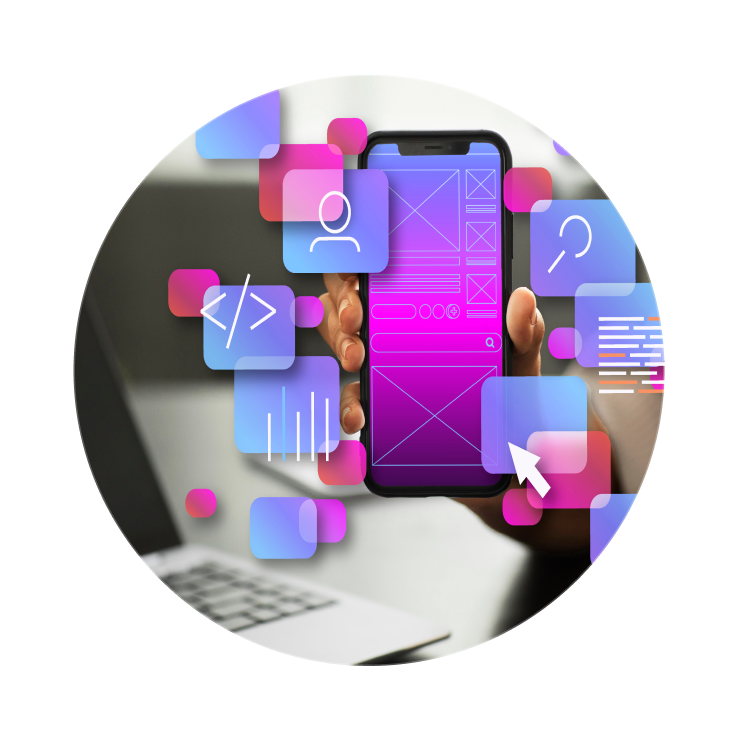Learning Android development can feel overwhelming at first. With countless tools, frameworks, and programming languages available, it’s easy to lose focus or get stuck on outdated practices. If I had to start over, I’d take a more strategic and efficient approach to mastering Android development. Here’s how I’d redo the process for better results.
1. Start With a Strong Foundation in Programming
Instead of diving straight into Android Studio, I’d first solidify my understanding of Java or Kotlin—the two primary languages for Android development. Today, Kotlin is Google’s preferred language, offering cleaner syntax and better features. A solid foundation in programming concepts like object-oriented design, data structures, and asynchronous operations makes later steps much easier.
2. Learn Core Android Concepts Before Frameworks
Rather than jumping straight into fancy libraries or frameworks, I’d master the fundamentals of Android:
-
Activity and Fragment lifecycle
-
Intents and navigation
-
RecyclerView and Adapters
-
ViewModel and LiveData
-
Permissions and security basics
Understanding these core components ensures that you can troubleshoot and build apps without being overly dependent on third-party tools.
3. Use Official Documentation and Resources Early
The Android Developers website and Google’s official Codelabs provide high-quality, up-to-date tutorials. If I had followed these resources earlier instead of random outdated YouTube videos, I’d have avoided misconceptions and learned best practices from the start.
4. Adopt Modern Tools and Architecture
This time, I’d start with Jetpack libraries and MVVM architecture to build scalable apps:
-
Jetpack Compose for building UI declaratively.
-
Room for database management.
-
WorkManager for background tasks.
-
Hilt or Dagger for dependency injection.
These tools not only simplify development but also make your code cleaner and easier to maintain.
5. Practice Through Small, Real-World Projects
Instead of endlessly following tutorials, I’d build small apps—like a to-do list, weather app, or quiz game—after every milestone. These projects reinforce learning and help you build a portfolio for future opportunities.
6. Learn Debugging and Performance Optimization Early
Debugging skills are essential for every developer. I’d spend time understanding Android Studio’s debugging tools, logcat, and profilers. Learning performance optimization—like reducing memory leaks or optimizing layouts—would save headaches later when building complex apps.
7. Engage With the Android Developer Community
Communities like Stack Overflow, Reddit’s r/androiddev, and local developer groups can be invaluable. I’d ask questions, share progress, and learn from experienced developers. Networking often opens doors to mentorship and job opportunities.
8. Stay Updated With Trends and Best Practices
Android development evolves quickly. I’d subscribe to newsletters like Android Weekly, follow Google’s Android Developers Blog, and watch events like Google I/O to stay on top of new features, libraries, and tools.
9. Explore Advanced Topics Gradually
Once comfortable, I’d explore advanced areas like:
-
Firebase integration for authentication and cloud storage.
-
Coroutines and Flow for asynchronous programming.
-
Unit and UI testing for robust apps.
-
Publishing apps on the Play Store to understand the full development lifecycle.
10. Maintain a Consistent Practice Routine
Finally, I’d dedicate regular time to practice—consistency beats cramming. Even just an hour a day can lead to significant progress over time.
Conclusion
If I could redo my journey learning Android development, I’d focus on strong programming fundamentals, official resources, modern tools, and hands-on projects from the beginning. By staying consistent, engaging with the community, and adopting best practices early, you can master Android development faster and more effectively. Whether you’re starting fresh or refining your skills, this approach will set you on the path to becoming a confident Android developer.

